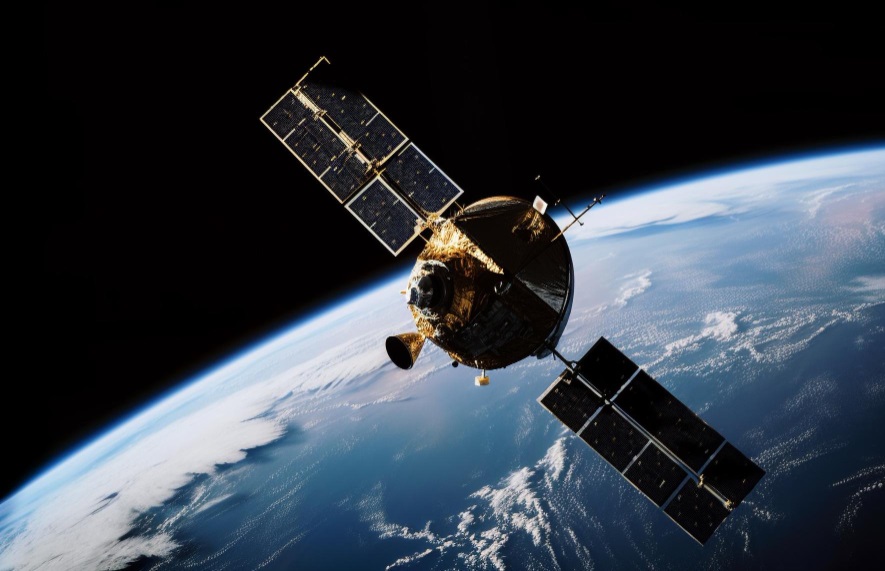Poland has entered into an agreement to initiate its inaugural satellite constellation.
Poland has entered into an agreement with the European Space Agency (ESA) to launch its inaugural satellite constellation by 2027.
The constellation, named "Camilla," will comprise a minimum of four satellites—three optoelectronic and one radar—that will function as an integrated system. While Poland will cover the anticipated €85 million (378 million zloty) expenses, the ESA will provide support for the design, construction, launch, and activation of the satellites.
These satellites will generate data crucial for various applications, including land use monitoring, agricultural predictions (such as crop yields), environmental assessments, infrastructure management, water monitoring, and emergency response (such as evaluating flood risks and enhancing border security). Development Minister Waldemar Buda, signatory of the agreement with the ESA, emphasized the significance of this collaboration for enhancing security and improving overall quality of life.
Poland presently lacks its own satellites, and the growing demand for high-resolution data prompted this strategic collaboration. The acquired satellite data will be utilized for recording, evaluating, and monitoring the impacts of climate change and environmental pollution. Additionally, it will assist in assessing security situations and determining the level of state support for farmers and businesses.
The ESA's commitment to aiding Poland was disclosed by Director Josef Aschbacher, who also unveiled the name "Camilla" for the new satellite constellation. Simonetta Cheli, Director of the ESA's Earth Observation programs, highlighted that beyond assisting in satellite development, the ESA would support the creation of monitoring services, a crucial step for Poland and the Earth Observation industry to enhance capabilities and competitiveness in the market.
Earlier this year, Poland increased its contributions to the ESA by €295 million for the years 2023-2025, enabling Polish companies to participate in diverse programs focused on the development of technologies, products, and services in satellite communications, navigation, and Earth observation. Furthermore, the Polish Space Agency (PAK) announced the participation of a Polish astronaut, Sławosz Uznański, in an ESA mission to the International Space Station (ISS), marking only the second time in history that a Pole will travel to space. Uznański, an engineer, commenced his training for the mission in September.

